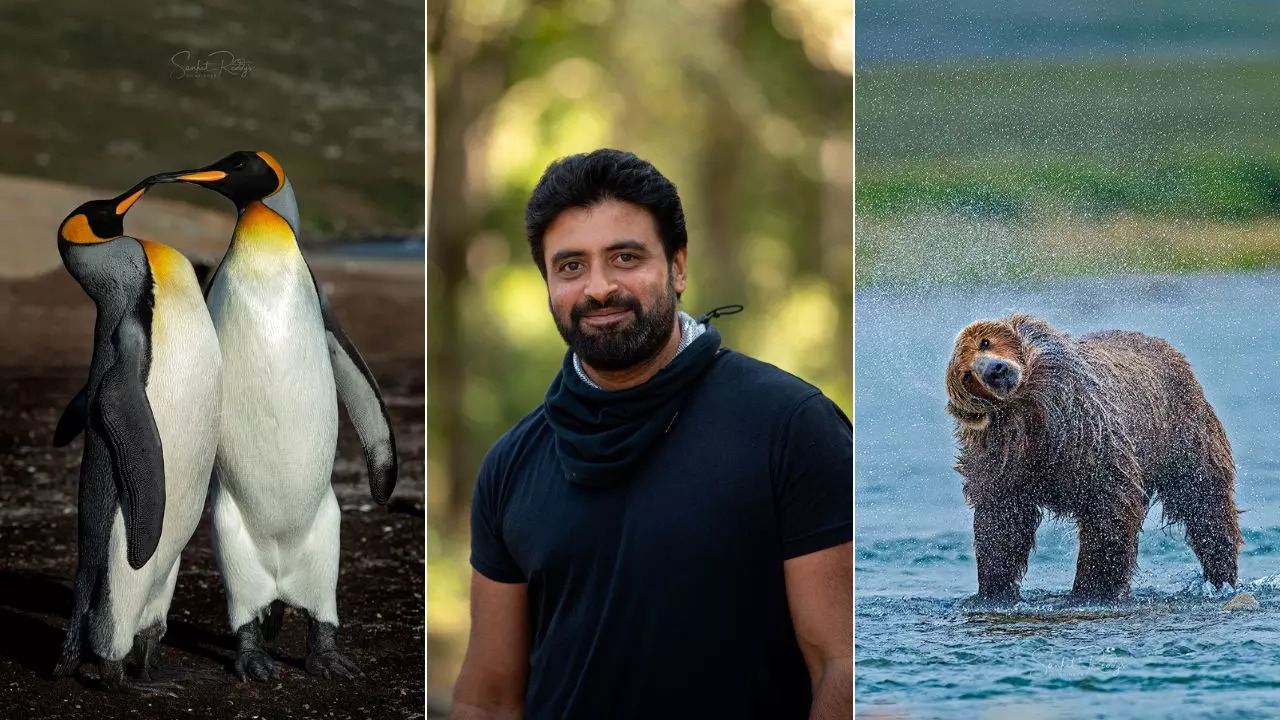
Wildlife photographer Sanket Reddy talks about human-wildlife conflict and his face-to-face encounter with a black panther
Conservationist, author, entrepreneur: Sanket Reddy has worn many hats over the years, but nothing quite suits him except…wildlife photographerBorn and raised in Bengaluru, Reddy’s early days were marked by a deep love for the outdoors, whether honing his skills as a lawn tennis player or playing around with a camera – a passion that would eventually fuel his extraordinary journey.
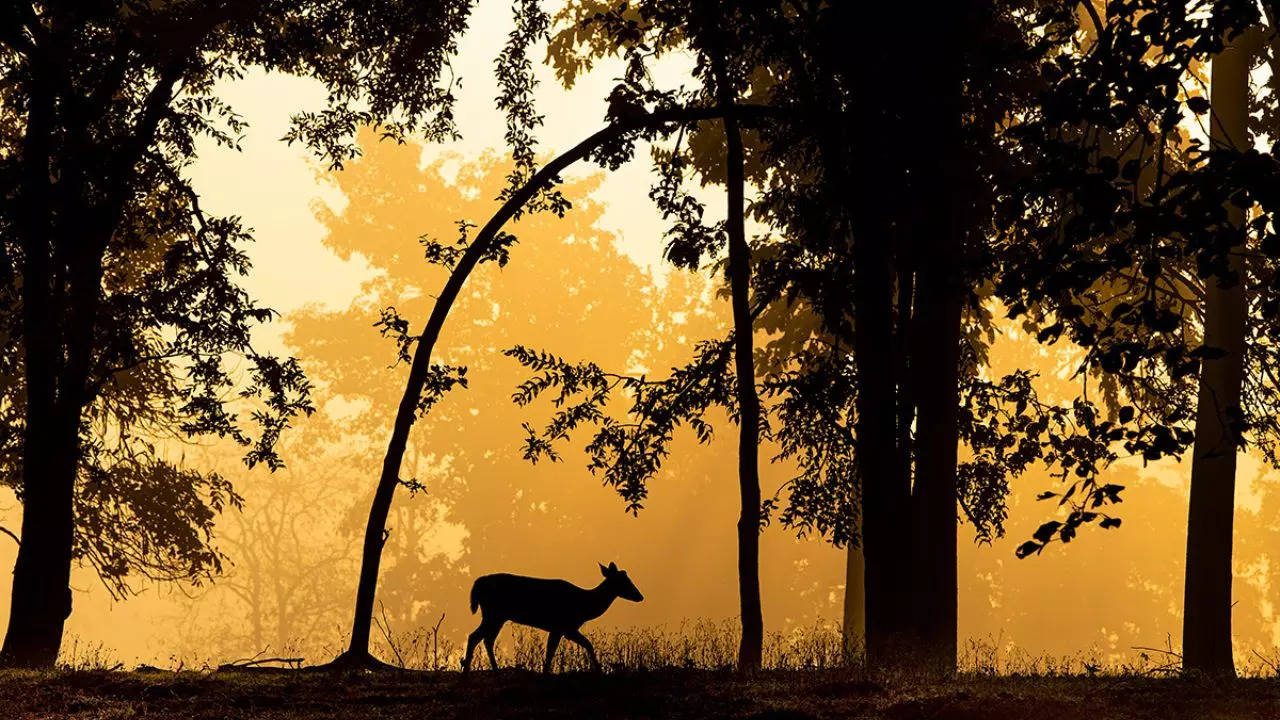
Despite his professional commitments as an entrepreneur, Reddy found his calling in the wild and has spent 16 years chasing elusive creatures across towering mountains and scorching deserts. He is also a passionate conservation advocate and uses his photography to raise awareness of the threats facing our planet’s biodiversity. His latest book, “The Viewfinder,” offers insight into his commitment to environmental stewardship, exploring the deep connections between human and animal life and urging us to reconnect with nature.
In a relaxed conversation, he tells us about embracing photography as a means of connecting with nature, the growing dangers of human-wildlife conflict, and what it’s like to walk alongside wild brown bears.
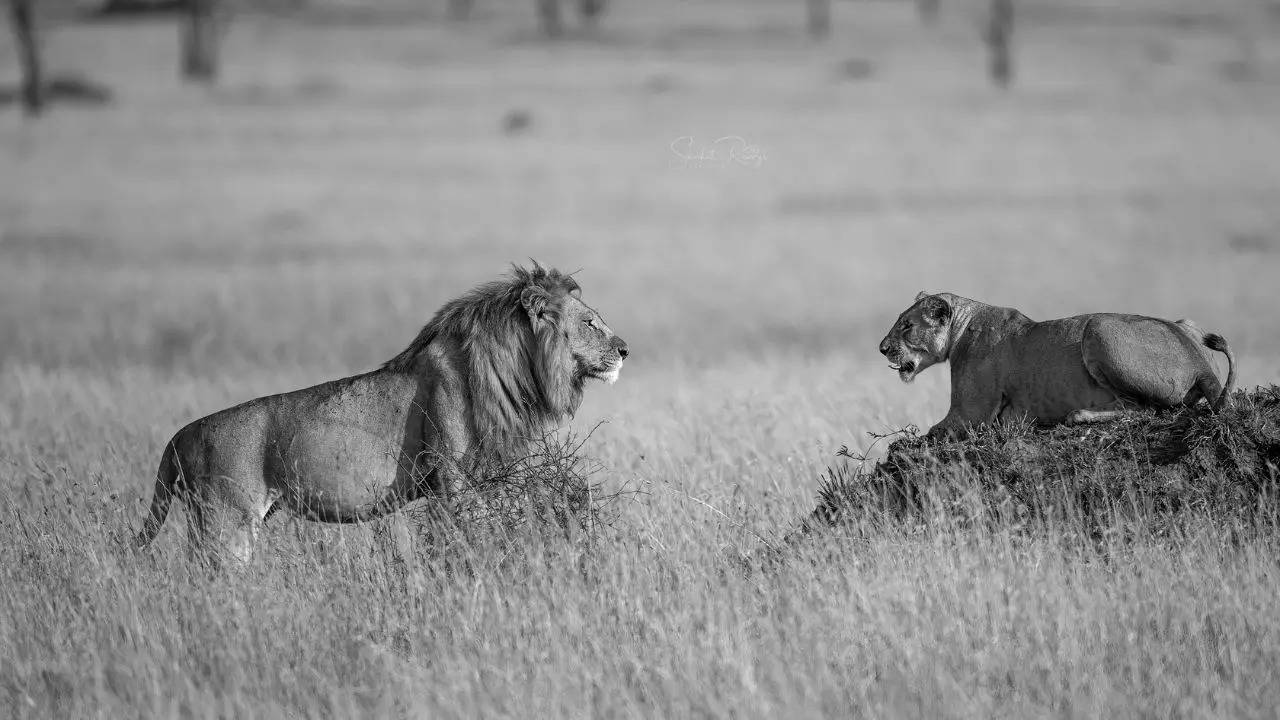
What attracted you to? wildlife photography?
From a young age, I was captivated by nature and witnessed extraordinary animal behaviors that left a lasting impression. Long before I began photographing, I felt a deep desire to document these moments, driven by the hope that sharing them would allow others to experience the wonder I felt and perhaps learn something valuable from the natural world. This passion is what led me to embrace photography as a medium. But observing and understanding animal behavior remains my first priority.
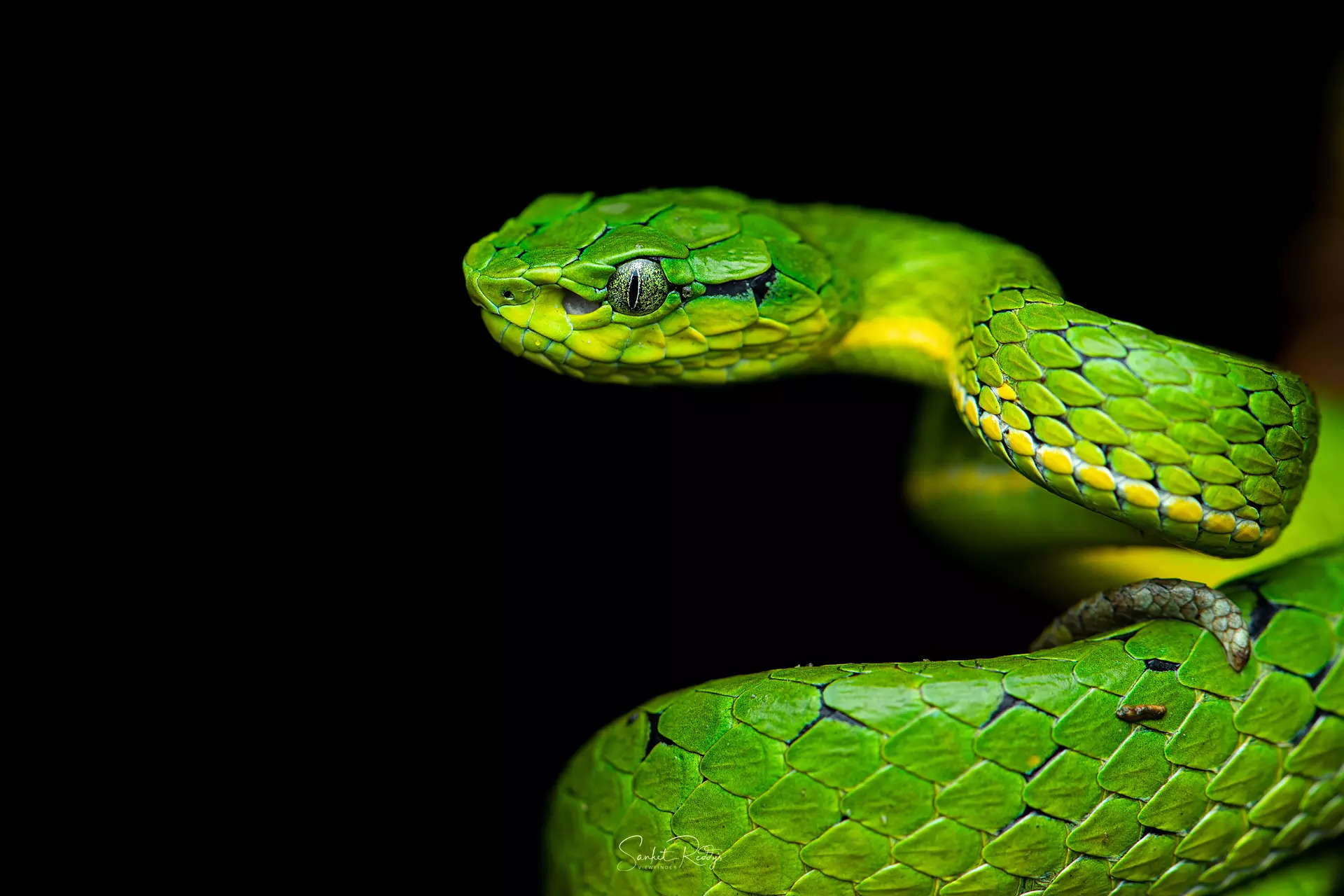
What is your perception on the increasing human-wildlife conflict in India?
I see it as a symptom of a broader problem: our growing disconnection with nature and shrinking habitats that force wildlife closer to human settlements. While the challenges are complex, I believe the solution lies in fostering a deeper understanding and respect for the natural world. We need to create sustainable practices that allow both humans and wildlife to thrive together. By promoting coexistence, we can work towards a future where both can thrive in harmony rather than conflict – and that can only be achieved through a deeper understanding of how everything is interconnected.
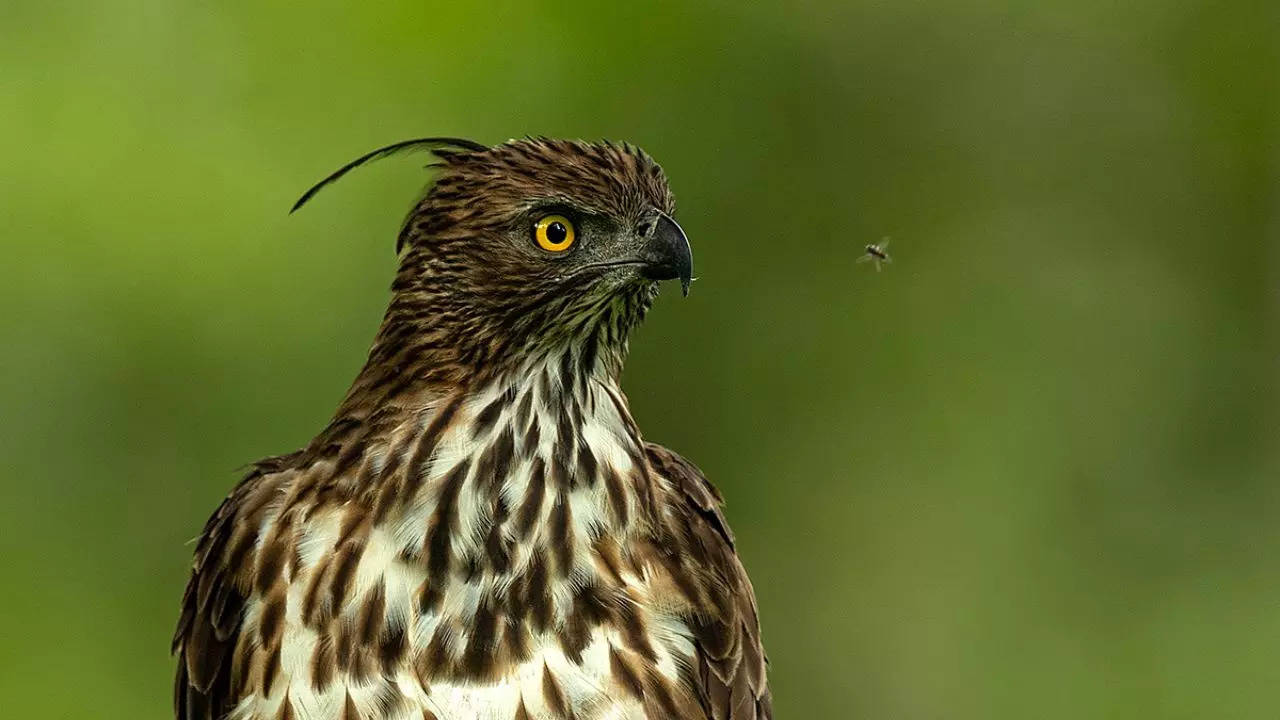
Have you ever found yourself in danger while documenting wildlife?
I have experienced everything from being attacked by wild elephants whilst on foot to being unwittingly tracked by a curious wild cat, whose footprints superimposed on mine on the forest floor were the only witness to that. I have walked alongside wild brown bears, animals most people fear, and found myself trapped in a small wooden boat whilst whales circled around me. I have been attacked by birds, warning me to stay away from their nests, and I have also been welcomed into nesting colonies by birds such as albatrosses and penguins. This feeling of trust is so liberating that an animal has chosen to trust you, even though it has been mistreated and persecuted for generations. I have had animals approach me out of sheer curiosity about who or what I was. One particularly amazing moment was walking head on into a black panther (melanistic leopard) on foot, leaving us both equally frightened. However, like most animals, it chose to avoid conflict and retreated into the forest cover.
I firmly believe that my knowledge and respect for these creatures has helped me avoid many more potential conflicts. It is always worth remembering that we are in their space and it goes without saying that we should respect it.
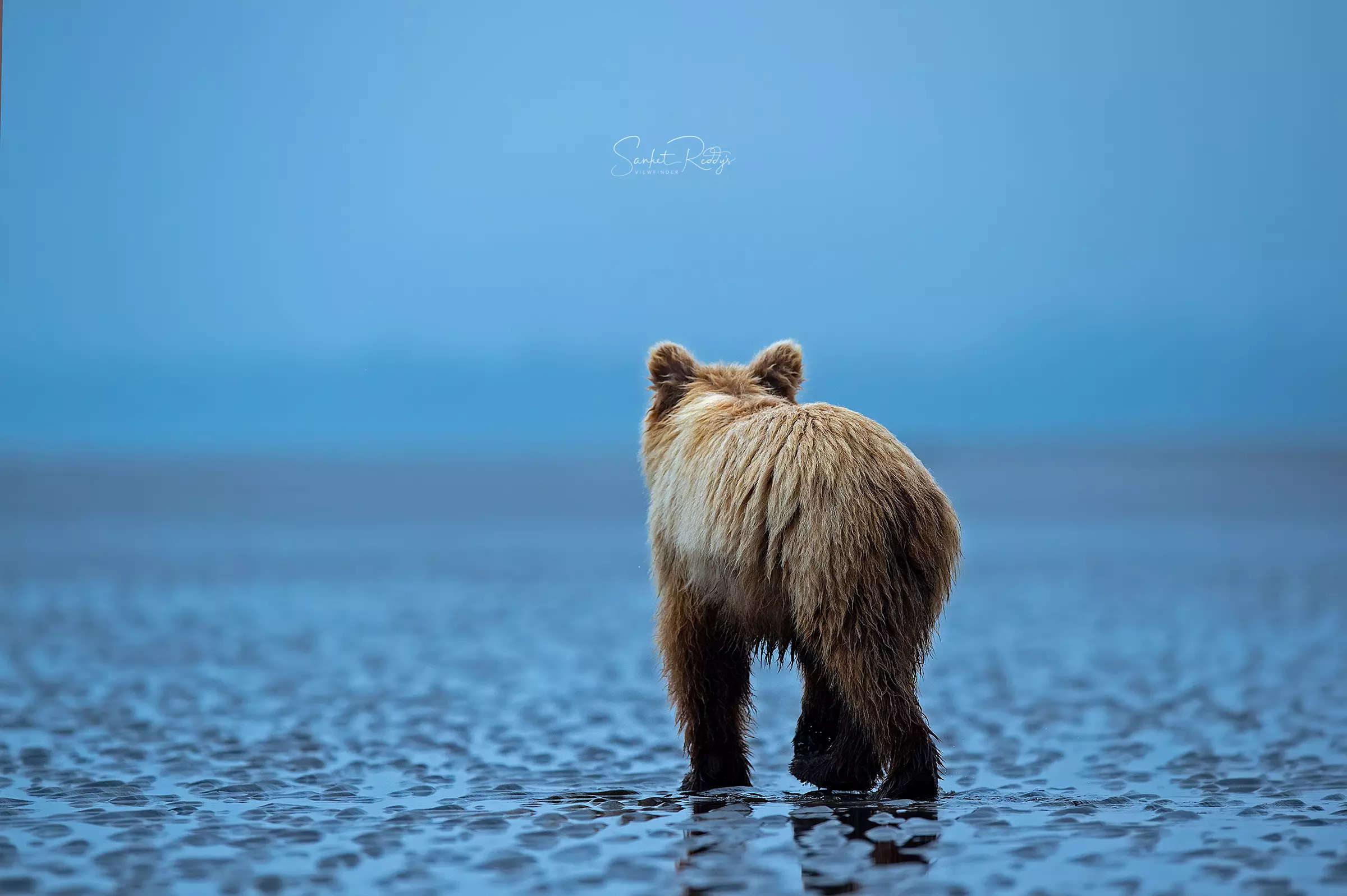
Tell us about your favorite wildlife travel experience.
One of the most thrilling experiences I have ever had was the time I spent with brown bears, both in the vast open landscapes of Alaska, where I could spot them from afar and approach them carefully, and in the dense forests of British Columbia, where I had to adapt my behaviour to the wildlife there. At first, I was very scared, but as the weeks passed and my knowledge of these magnificent creatures increased, my fear was gradually replaced by a deep love and respect for them.
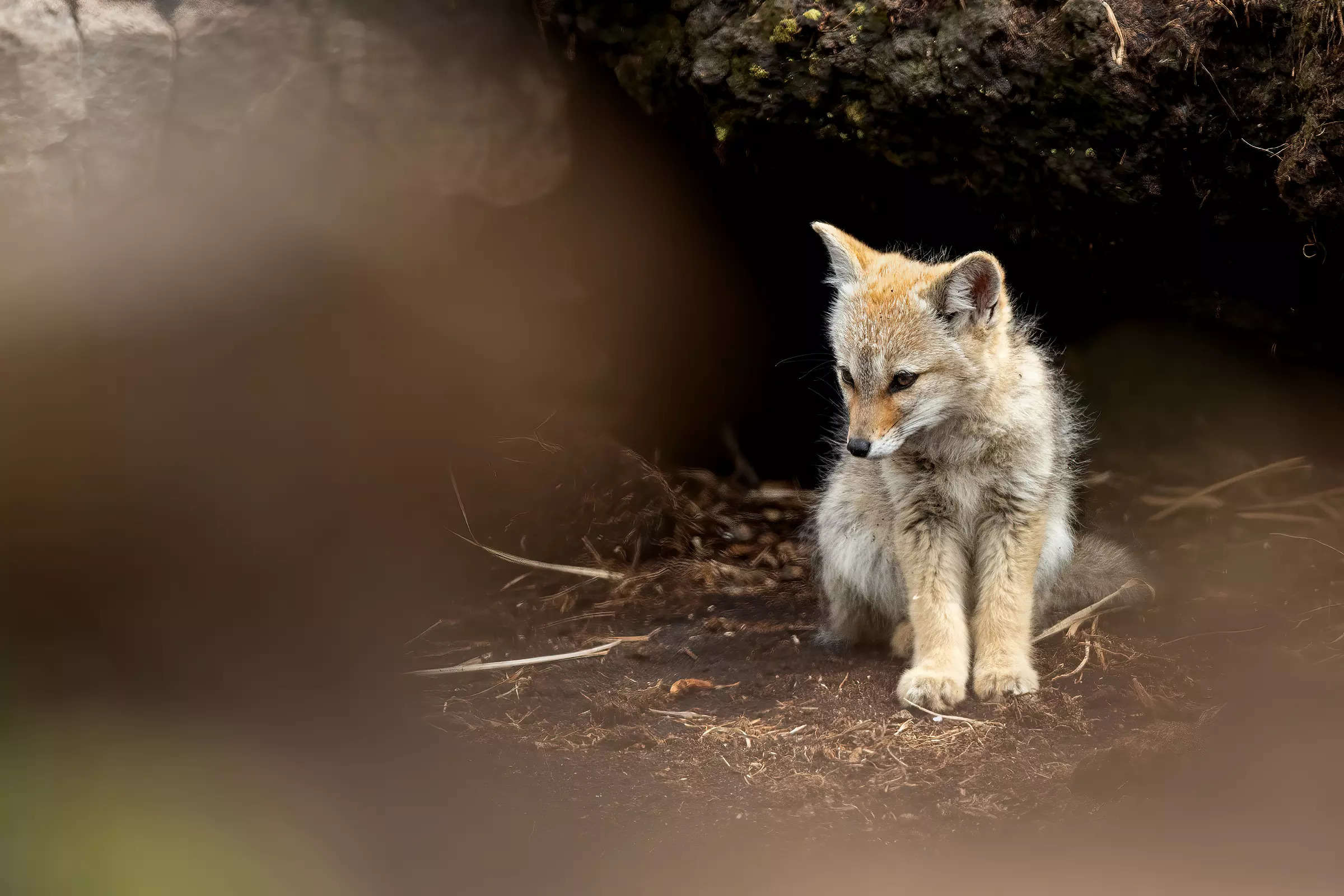
I never imagined that one day I would walk alongside such fearsome animals and feel at ease. From wading through chest-deep icy rivers to humming songs in the woods, making sure bears were aware of my presence and avoiding any surprising encounters, these moments have left a lasting impression on me. One memory in particular stands out: Towards the end of my time in Alaska, I felt a bond of trust develop between me and a mother bear with her cubs. At one point, I’d like to believe she even fell asleep, leaving her cubs in my care, trusting me to keep an eye on her while she briefly rested from her exhausting parenting duties. This is a memory I will always hold close to my heart.
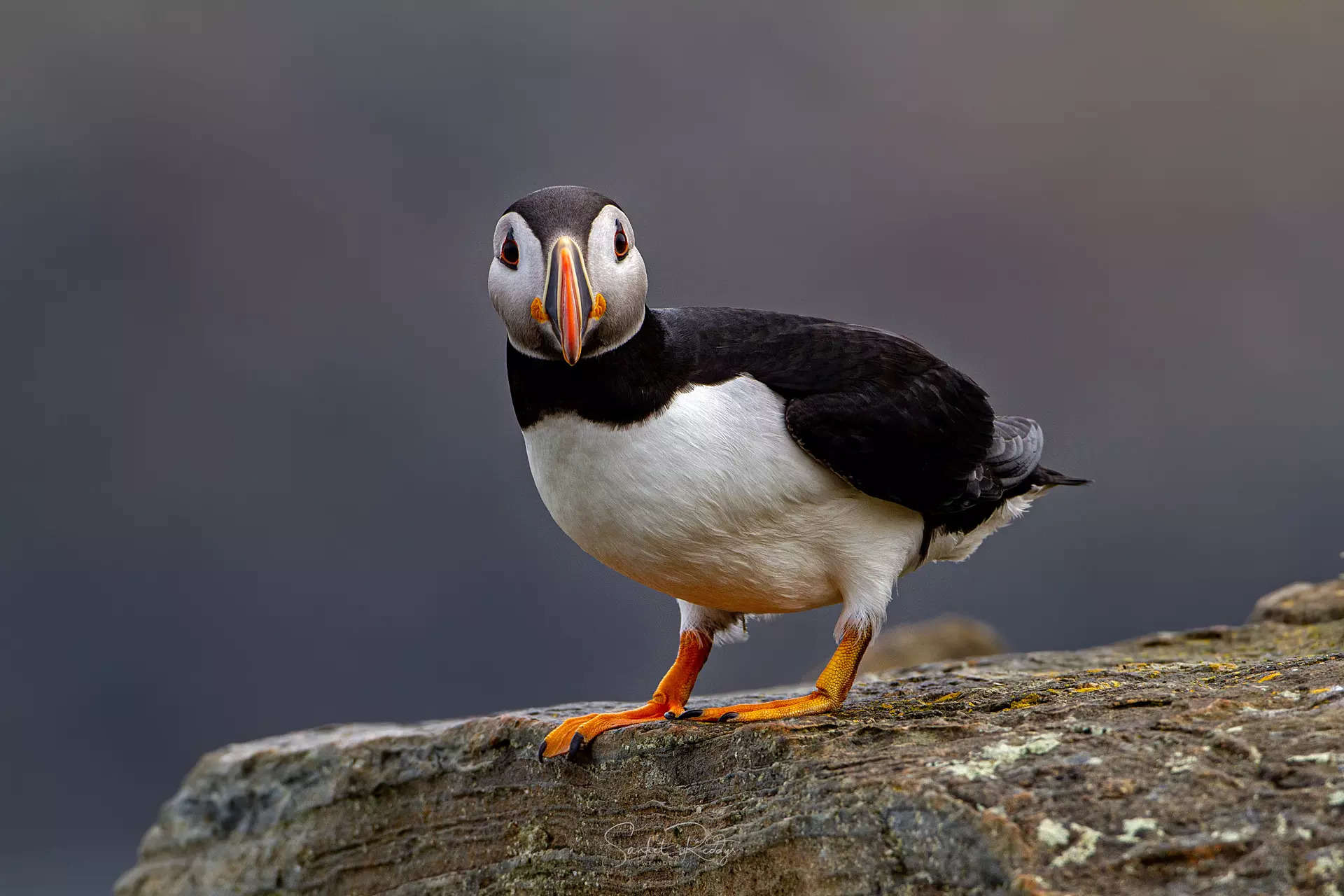
What is your favourite wildlife destination in India and why?
For me, the real magic lies in exploring the forest on foot, rather than from the confines of a safari jeep. The Western Ghats, in particular, have captured my heart and taught me so much about nature. These mountains have been kind to me, revealing their beauty through countless surprises for which I am immensely grateful. The diversity of life in these regions is fascinating and every visit brings something new to discover. To my fellow nature enthusiasts, I humbly request that you pay attention to these subtle wonders and not focus solely on the predatory species. There is much more to life in a forest than meets the eye.
How do you think wildlife photographers can help in wildlife conservation in India?
Wildlife photographers play a crucial role in conservation, using their art to reveal the beauty and complexity of nature to a wider audience. Through our lenses, we are able to capture the amazing moments and subtle details that many might otherwise miss. These images have the power to educate people about the immense value that wildlife and natural ecosystems provide, both directly, in terms of resources, and indirectly, in maintaining ecological balance.
In my work, I strive to convey more than just a pretty picture; I seek to tell a story that touches viewers and fosters a sense of love and responsibility for the natural world. By raising awareness and inspiring others to appreciate and protect wildlife, photographers can significantly contribute to conservation efforts.
What’s next for you?
I am close to finishing my latest project: a one-of-a-kind coffee table book called “The Viewfinder,” which not only showcases nature and wildlife through images but also makes meaningful connections to our daily lives. In it, I have used my observations of various species’ behaviors to illustrate how taking nature’s perspective often offers solutions to the challenges we face in our everyday lives. My goal is to demonstrate how these insights can help us deal with difficult situations more effectively.
Disclaimer:
The information contained in this post is for general information purposes only. We make no representations or warranties of any kind, express or implied, about the completeness, accuracy, reliability, suitability or availability with respect to the website or the information, products, services, or related graphics contained on the post for any purpose.
We respect the intellectual property rights of content creators. If you are the owner of any material featured on our website and have concerns about its use, please contact us. We are committed to addressing any copyright issues promptly and will remove any material within 2 days of receiving a request from the rightful owner.
